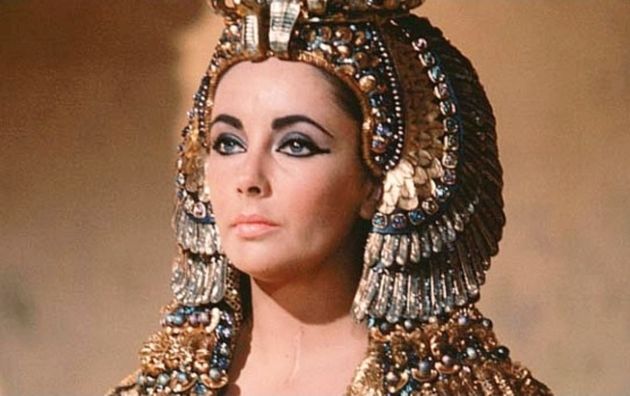Local gods
The human heart longs to worship. We are desperate for someone who will captivate our attention.
06 OCTOBER 2018 · 17:00 CET

A recent biography sets out to unearth the real person behind the mythical cloud of Cleopatra.
A captivating, resourceful Egyptian queen who managed to win over the hearts and political allegiance of two Roman rulers, Julius Caesar and Mark Antony, Cleopatra was a master of persuasion and theatrics.
A New York Times review of the book points out that she was especially able to use ancient Egyptian religion to shape her image, as when she paraded along the Nile as Isis, the goddess of motherhood, magic and fertility, next to Julius Caesar, as “the earthly visitation of two living gods.”[1]
When Mark Antony called her out to Tarsus, after Caesar’s death, she arrived this time as another local goddess, Venus, the goddess of love. Her entourage filled with nymphs, cupids, a colourful orchestra, incense and colors captivated the multitude and Mark Antony, who followed her back to Alexandria and also had children with her.[2]
Cleopatra’s use of spectacle and symbolic action came to fruition, and her mysterious image was wrapped as a sort of myth for history.
She understood that worship, at least at its first, visceral rise, is not a matter of argument, but of manifestation; a result of seeing more than understanding.
As I read this account, my critical side could not help but pity those poor ancients. Were they so credulous as to believe she was a real goddess? Would they deduce that divinity follows out of spectacle? Couldn’t they spot the show as just a show?
I felt critical until I remembered that those ancients were not so different from us. Our age of entertainment also provides fresh gods and goddesses parading into town, all the more divine and enchanting because of camera close-ups, fast flow of scenes, lights and sounds to overwhelm.
We also crowd around our gods – idols is what we call them – and bestow devotion to them. They are beautiful, they are irresistible, they are loved by everyone around us – expect that they are not true. But that is not so important, as long as they seduce and mesmerize us.
The human heart longs to worship. We are desperate for someone who will captivate our attention, who will woo and wonder us, someone so grand and beautiful that we prostate ourselves and willingly offer our affections and praise.
We crave to worship something, yet until we know Him, until our sight is enthralled with holiness and we breathe purified air, until our craving is satisfied by the true God, we will keep on searching. We will adore even the local gods that parade in town, be it Cleopatra, the latest celebrity, a fantasy person, or ourselves.
[1] Stacy Schiff, Cleopatra: A Life, quoted in Kathryn Harrison, Femme Fatale. Book review at the New York Times, Nov 4, 2010. http://www.nytimes.com/2010/11/07/books/review/Harrison-t.html?pagewanted=2&_r=1&ref=books
[2] Ibid.
Published in: Evangelical Focus - Culture Making - Local gods
